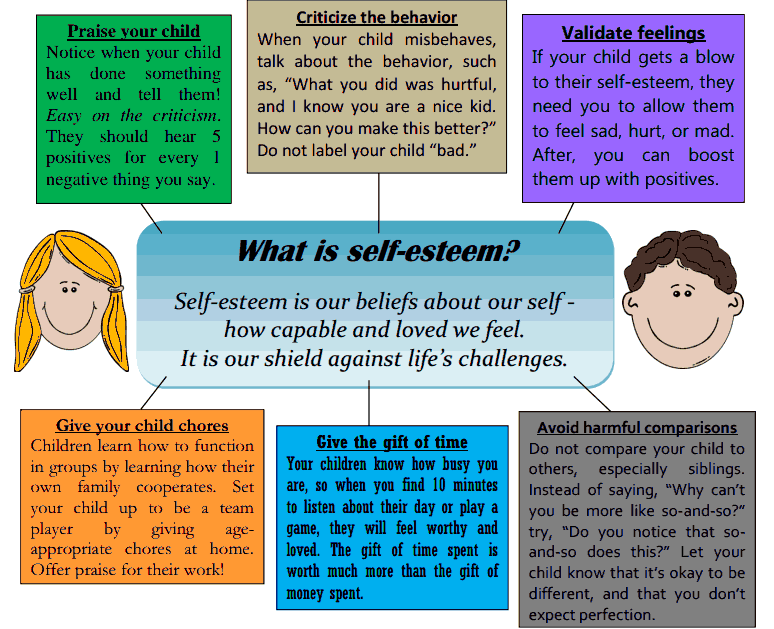How to recharge as an introvert
Eight Ways to Recharge as a Busy Introvert
A busy Introvert needs time to recharge their emotional batteries, and that is a need they should never neglect. The contentment of an Introvert depends on having time to get away from it all periodically for some high-quality alone time in a calm and peaceful environment.
An Introvert who is subjected to frequent overstimulation, be it mental, emotional, or physical, will struggle with stress, anxiety, and fatigue. Busy Introverts in particular require isolation and quiet time on a regular basis, away from other people and excessive sensory stimulation. It's one of their keys to happiness, and if they are constantly overwhelmed by work, home, social, and public responsibilities it will have a negative impact on their physical and mental wellbeing.
If you’re an Introvert who feels burdened by aspects of your life, it means you’re either failing to find the time you need to recharge, or you simply don’t know how to recharge. Whether you’ve been held back by a lack of opportunity or lack of knowledge, a change in priorities is desperately needed.
Learning how to recharge Introvert-style means being creative and opportunistic. Chances to step away and refresh are actually presented to you every day, and you must seize them, no matter how busy you might be.
Here’s how you can do it.
#1 Reduce your sensory overload
Sometimes your stress or feelings of fatigue can be caused by too much sensory stimulation for too long of a period. You may be surrounded by bright or flashing lights, the sounds of traffic outdoors or music or podcasts playing endlessly, or pungent odors that don’t dissipate. People may be passing through or crowding into your personal space constantly, leaving you feeling like you have no room to breathe.
Some of this may be unavoidable if you’re in a busy home or workplace. Nevertheless, you may be able to make some alterations in your environment that can reduce your sensory load, and that can definitely help you recharge your batteries and ease your chronic anxiety.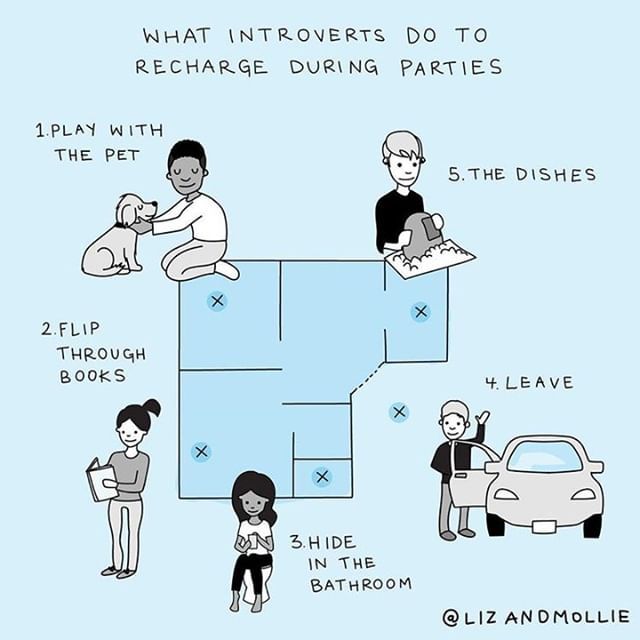 You might have to ask co-workers, family members, or other companions for permission before you make these changes, and if you explain the situation they will likely be sympathetic and cooperative.
You might have to ask co-workers, family members, or other companions for permission before you make these changes, and if you explain the situation they will likely be sympathetic and cooperative.
#2 Get out into nature more frequently
Introverts feel at home in the natural world. They relish the fresh air and sunshine, enjoy the picturesque sights immensely, and feel connected to the plants and animals at a deep level. Spending time in nature can do wonders for the outlook of an Introvert, even if they’re only able to stay outside for a few minutes at a time.
Whenever you’re feeling stressed out and on edge, you should try to find a green space close by and get yourself out into it as rapidly as possible. You can take a little time to go visit the nearest park, forest, or beach to walk or sit in silence. If you develop the habit of doing this frequently, you’ll find the change in environment will soothe your soul automatically, leaving you refreshed and recharged and ready to handle just about anything.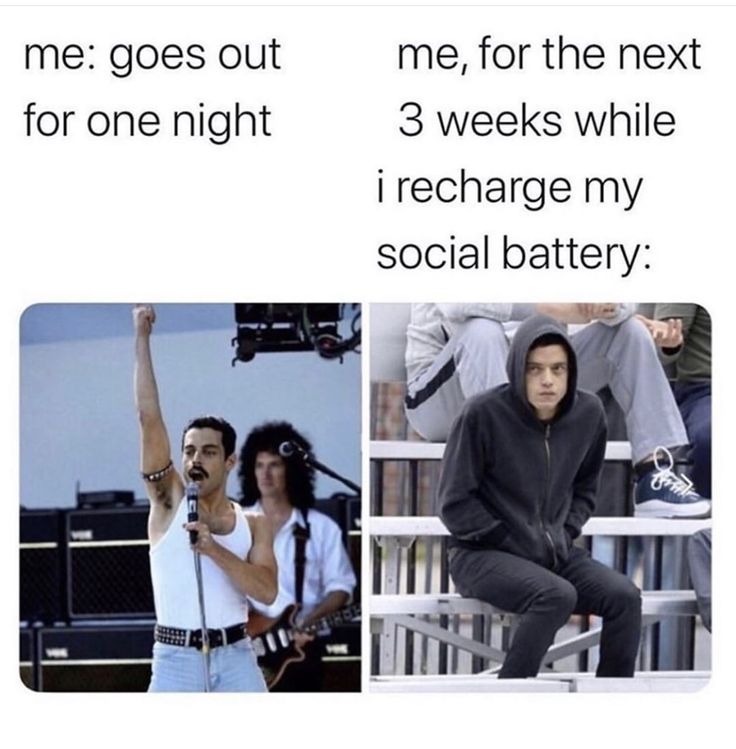
#3 Choose silence over continuing the conversation
If you’re the typical Introvert, excessive socializing can leave you feeling emotionally drained. One of the simplest ways to avoid this contingency is to stay silent periodically, opting out of the conversations that are going on around you. Others may try to engage you when you first try this approach, but eventually your friends, family members, or co-workers will get the message and move on, leaving you to your own musings and contemplations.
From time to time, an Introvert should choose detachment over engagement. Introverts can only handle so much socializing, regardless of the context, and if you’re a busy Introvert you shouldn’t feel obligated to participate in every conversation going on in your vicinity.
#4 Ask for private time at work
When you’re at work, your employer’s primary concern will be your efficiency. If you mention to your boss or manager that you need a more peaceful environment to get things done, they will almost assuredly agree to let you retreat into a quiet space for an hour or two, or maybe even longer if it seems like your request is urgent.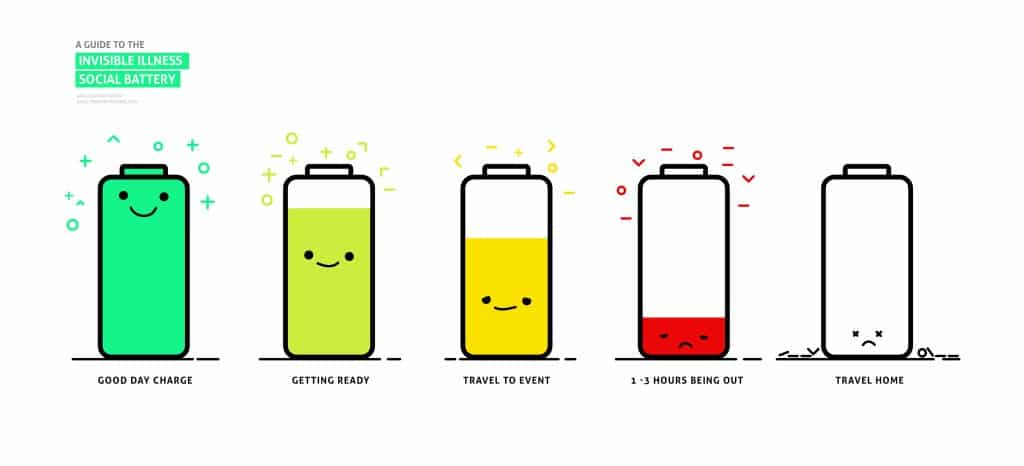 You should probably do this once or twice a week, which will make it a habit for you and also help your employer get used to the idea.
You should probably do this once or twice a week, which will make it a habit for you and also help your employer get used to the idea.
While you’re away and enjoying your private working time, you should feel free to put everything aside completely for a few moments, every half hour or so, to make sure you stay sharp and fresh. Those extra moments of pure relaxation, combined with the peaceful environment in general, should be enough to relieve your stress and fill you with the energy you need to continue performing at a high level.
#5 Get organized and create a better plan of action before proceeding
In some instances, the chaos that overwhelms you can be the result of your own lack of organization and planning. If you do things haphazardly, or out of order, or too quickly, or too slowly, or if you jump from one task to another without finishing anything, you can become anxious and desperate. Your Introvert resources will be taxed to the limit as a result of your failure to get organized before getting started.
At times it can be helpful to stop whatever you’re doing, take a step back mentally, and rethink it all to come up with a better plan of action. Get organized in your mind first before springing back into action, which will guarantee a more efficient performance while putting your emotions back in balance. When you start up again you’ll feel recharged and rejuvenated, knowing that you’ve gotten your act together and have nothing to be anxious about anymore.
#6 Take up craftwork or art as a hobby, and always keep a project nearby
One of the best ways to relax your mind is to distract it with pleasant and creative activities that bring you satisfaction rather than stress. Activities that keep your hands busy are ideal, which is why craftwork and artwork are highly recommended for Introverts who need time to recharge.
Depending on your interests, you could take up painting, drawing, sculpting, crochet, knitting, candle-making, paper-mache, quilting, basket weaving, sewing, or any other type of arts or crafts that you find fulfilling.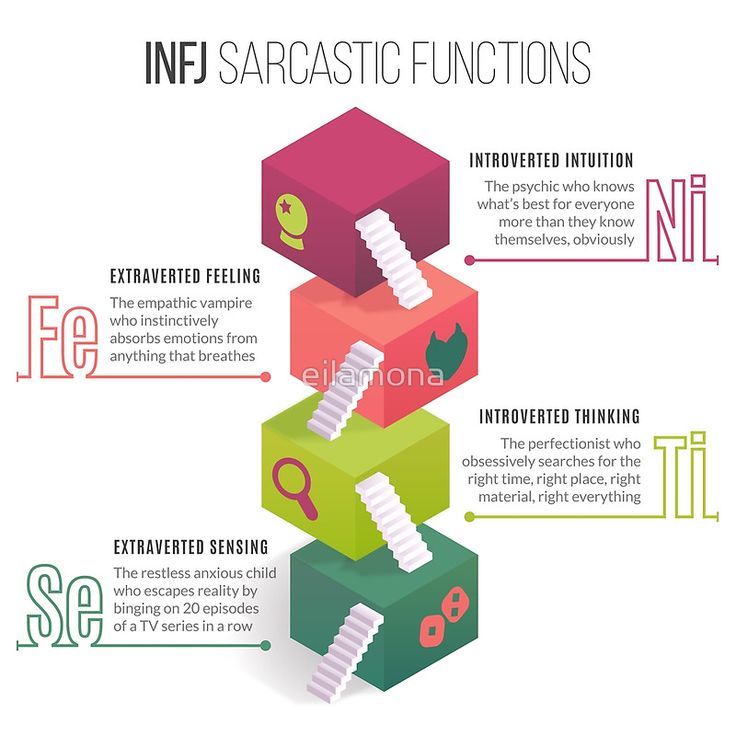 The activity you choose should be something that you can do for just a few minutes a day if that’s all the time you have, knowing that you’ll still produce a fascinating piece of art or craftwork in the end. If possible, you should always keep your latest project close by so you can work on it for a little while whenever you’re feeling overwhelmed.
The activity you choose should be something that you can do for just a few minutes a day if that’s all the time you have, knowing that you’ll still produce a fascinating piece of art or craftwork in the end. If possible, you should always keep your latest project close by so you can work on it for a little while whenever you’re feeling overwhelmed.
#7 Dial back on the multitasking
If you examine your patterns of activity and emotional reactions closely, you might discover that your need to refresh and recharge is often at its most acute when you’re trying to do too many things at once, or when you’ve been doing multiple things in succession, one after another, with no break or rest in between.
The nature of your responsibilities at home or on the job may be such that you have no choice but to multitask part of the time. But if you can cut back on the amount of the time you’re doing this, and set aside certain periods for more focused activity that only involves doing one thing, you may be able to recharge your depleted energies while still staying somewhat busy.
#8 Learn mind-body relaxation techniques and find time to practice them
Introverts have a natural affinity for practices like meditation, yoga, Tai Chi, self-hypnosis, and other techniques that put the mind and body in a more deeply relaxed state. These methods for de-stressing and decompressing can produce some amazing results with only 10 or 20 minutes a day of practice, which means they can help you out even if you’re busy and don’t have a lot of extra time to spare.
These mind-body techniques can certainly help you recharge in the short-term. But if you practice them on a daily basis they will do much more than that. They can gradually turn you into a more calm and relaxed person in general, empowering your efforts to minimize the impact of stress and fatigue in your life.
7 Ways to Micro-Recharge as an Introvert
For introverts, micro-recharging is made up of small things that add little refills to their energy cup, like snacking on an energy bar.
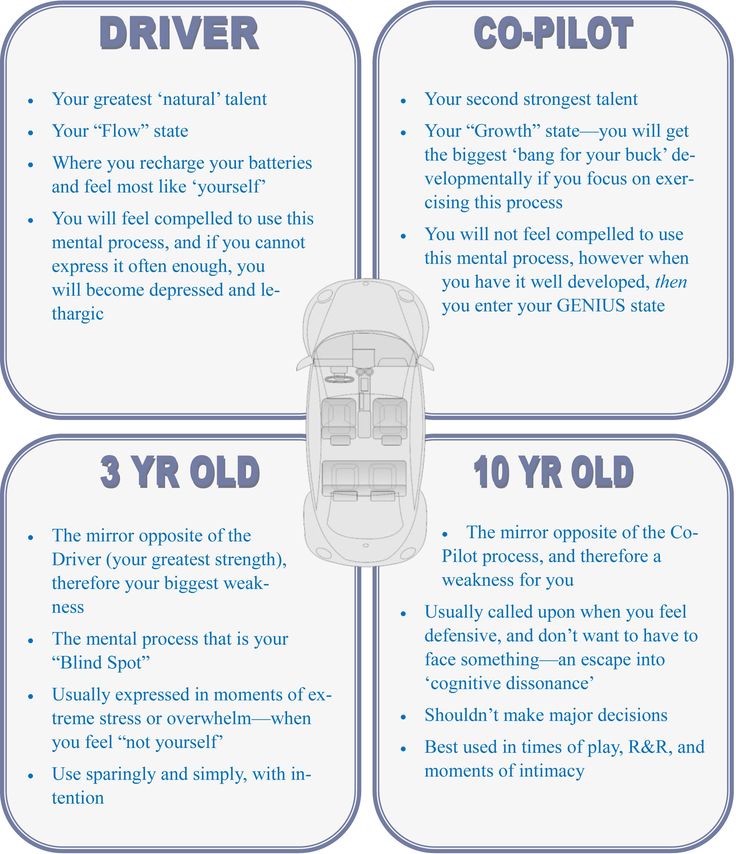
For a long time, I’ve known that I’m an introvert who needs time to recharge. And by “time to recharge,” I mean dedicated time to refill my social cup. It is a common thing for all introverts, the need to be alone and recharge our energy for social interactions. We can retreat for entire evenings, weekends, or even solo trips to replenish our energy. I particularly enjoy living alone, because it gives me extended alone time to simply enjoy my own company.
Over the years, I have discovered that I need more than big blocks of social-free time. This was especially true when I worked in an “extroverted” job that required hours of attending meetings with clients and colleagues, and the dreaded, never-ending small talk. To stay balanced, I began to build in what I called “micro-recharges” — small things that add a small refill to your cup, sort of like the way snacking on an energy bar temporarily reinvigorates you. It isn’t a replacement from the big recharge periods (the “meals” of your day). Rather, it is the snacks between those meals. I snack almost every day, and I micro-recharge almost every day, too.
Rather, it is the snacks between those meals. I snack almost every day, and I micro-recharge almost every day, too.
These are seven ways I micro-recharge throughout my day, and how you, too, can use them to fill up your social cup in small deposits.
1. Spend time in nature — take a walk during your lunch break.
When I worked in an office, I always tried to get away from my desk for 15 minutes a day and get some fresh air. I was lucky to always work near some kind of park where I could take a break. There is something about the openness of a public park that I, as an introvert, adore. If you don’t have a local park, you could try a walk around the block or to the nearest shop.
Breathe deeply, look at the scenery around you, and take a mental note of what you see. This is an almost meditative practice, which will give you a boost not only in the level of your social cup, but also an actual physical boost. Nature naturally recharges introverts — you’ll see!
The key to this recharge period is not to talk to anyone. Walking briskly — as though you know where you’re going — makes you look busy, and it’ll be less likely that people will approach you. Adding over-the ear-headphones or popping in earbuds helps with this, too.
Walking briskly — as though you know where you’re going — makes you look busy, and it’ll be less likely that people will approach you. Adding over-the ear-headphones or popping in earbuds helps with this, too.
2. Read a chapter of your favorite book (instead of going on social media).
I love to read, and over the years I’ve realized that escaping into someone else’s story is a good mini-break from my own. Plus, there is no one you actually have to talk to, because reading is a very solitary activity. Chapter lengths vary, as do our reading speeds, so you could aim to read a chapter of a fiction book, or perhaps one section of a nonfiction book. You can read something light, romantic, heavy, mysterious — the options are endless!
You can also recover seemingly “wasted” time this way. By having a book on hand, on your phone or in your bag, you can easily read a chapter instead of doomscrolling on social media, which can add to introvert anxiety.
3. Make a warm beverage, like a soothing cup of tea.

Hot drinks are a staple of the working day for many people, and they are an ideal moment to take a mini-recharge. Excusing yourself to make a hot drink isn’t unusual, and they’ll give you a few minutes of peace.
Even if a colleague ambushes you when making your drink, you then have a hot drink at your desk. You can take many small moments simply enjoying your drink, taking the moment to breathe, inhaling the steam, and shutting off the noise around you.
4. Drink lots (and lots) of water.
Getting, and drinking, lots of water is like making a hot drink. It gives you a break to grab the glass of water and then take your time to sip it. Plus, it’s good for you! It might not change your life, but it will give you a moment where you get to be away from people. And as an introvert, that time is gold.
Drinking a lot of water also leads to my next point…
Join the introvert revolution. Subscribe to our newsletter and you’ll get one email, every Friday, of our best articles.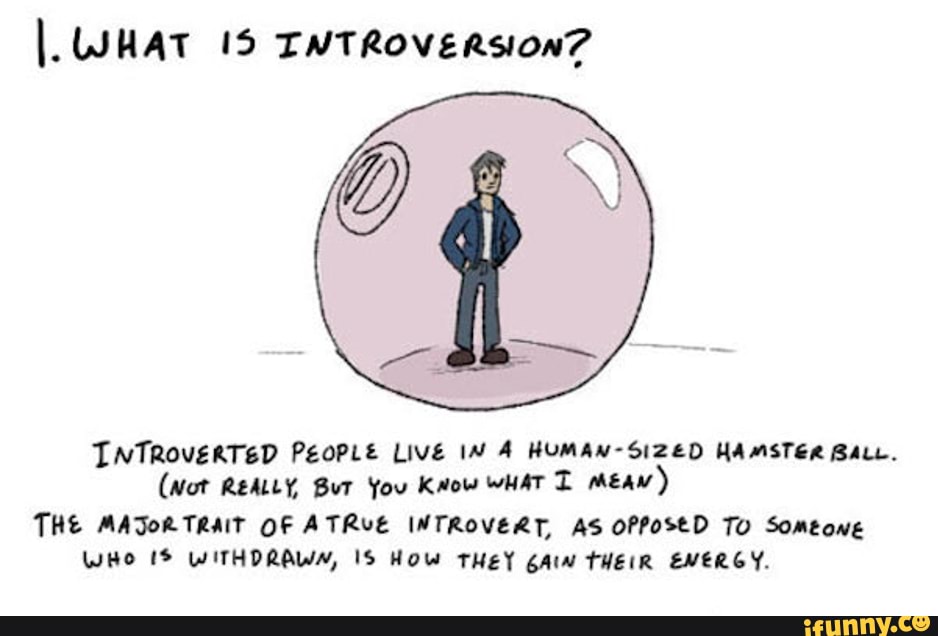 Subscribe here.
Subscribe here.
5. Take plenty of bathroom breaks.
Another escape I used to implement (and still do at social functions) is to take regular trips to the bathroom, even if I didn’t have to use the facilities. I would simply go into a stall, sit down, and take a minute to do some breathing exercises, stretch, or close my eyes and escape to somewhere else for a minute. (It’s no secret that we introverts are big daydreamers!)
In the current climate, you can also excuse yourself to simply wash your hands. No one will be suspicious that you keep disappearing, because these are things that all people do. You can simply do them a little more as an introvert and use it as a mini-recharge period.
6. Practice box breathing (which you can do anywhere!).
Meditating and breathwork techniques can be overwhelming when you haven’t done them before, but box breathing is one of my favorites and is super easy to do.
Box breathing involves simply breathing in and out for four beats (silently counted in your head) and holding your breath for four beats in between — breathe in, hold, breathe out, hold, repeat.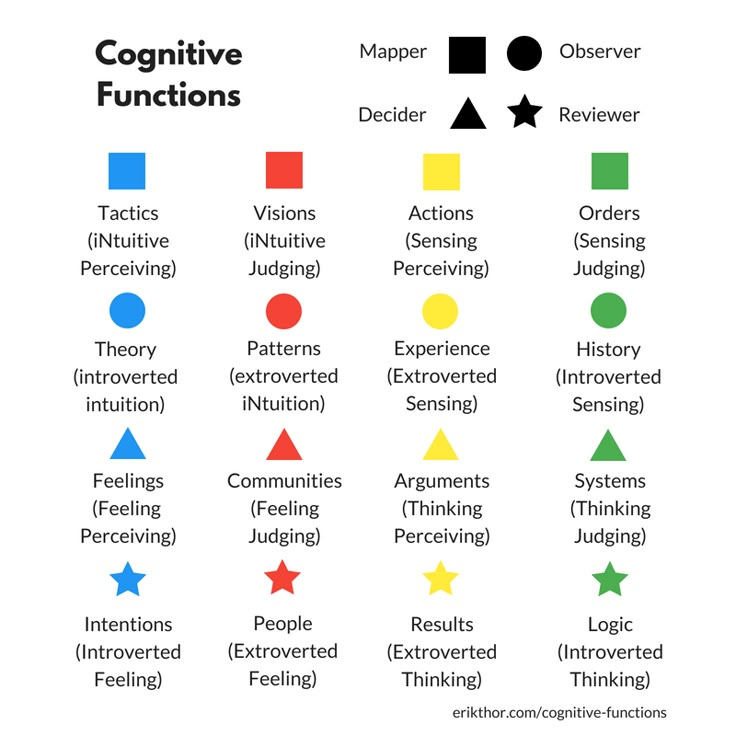 You close your eyes and imagine drawing the first line of a box, then each subsequent line until the box is completely formed in your mind. Continue breathing this way, drawing boxes, for as long as you can escape from people without your absence being noted.
You close your eyes and imagine drawing the first line of a box, then each subsequent line until the box is completely formed in your mind. Continue breathing this way, drawing boxes, for as long as you can escape from people without your absence being noted.
The breathing will help settle your nerves, but also help you escape to a place where there isn’t any chatter you have to be involved in. As an introvert, that is a dream for me. (I’m sure you can relate!)
7. Listen to an audiobook or podcast.
There is an almost unwritten rule not to talk to someone when they have headphones in (or on). As an introvert, I take advantage of this by wearing headphones in any moment I want to reclaim as a time to recharge.
Great times to sneak in mini-recharges are during commutes, on daily walks, and, recently, I have even started popping in headphones during my grocery shopping. I have an audiobook downloaded on my phone at any given time, and simply plug in my headphones and continue the chapter as I do the activity.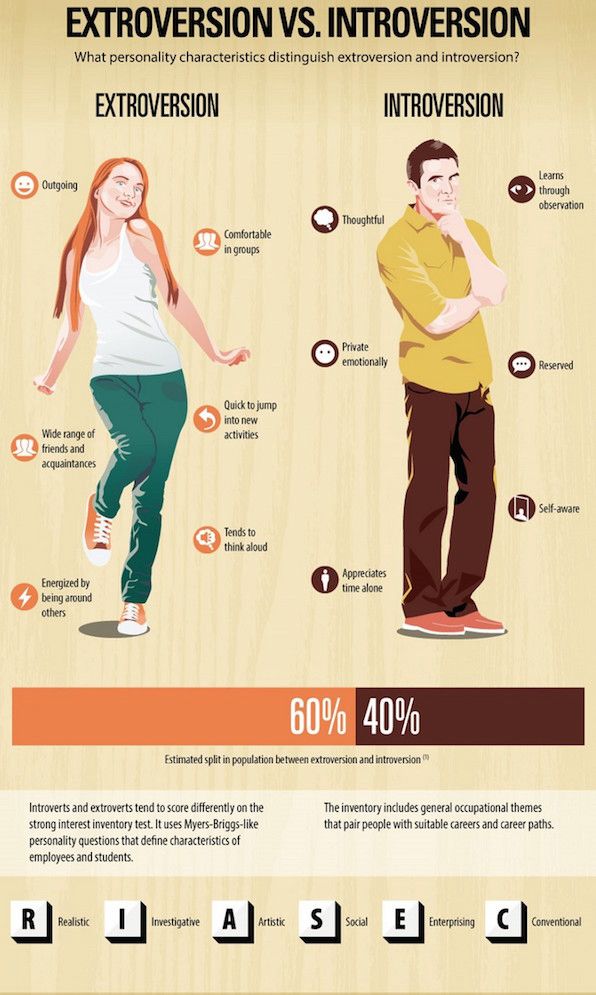
Listening to an audiobook keeps me out of conversations, allows me to mini-recharge, and I find that I’m “reading” more books than ever before. A complete win-win. If you’re into podcasts, that works, too. Anything that gets your mind out of the overwhelm you’re currently in will work.
You might like:
- 4 Ways Nature Recharges Introverts
- Battery Life: How to Socialize and Recharge as an Introvert
- 4 Meditation Tips for Introverts Who Struggle to Focus
How to be as productive as possible if you are an introvert, extrovert or ambivert
July 23, 2021 Productivity
Personality type determines how you prefer to work, socialize and relax.
Introverts energize in silence and solitude, while extroverts energize in noisy company. Ambiverts combine the features of both types. If you're not sure which category you fall into, take our quiz. And then use the advice that suits you.
Tips for introverts
Psychologist Jonathan Cheek identifies four types of introverts: social, reflective, anxious, reserved.
- Social introverts are most similar to those who are usually presented when talking about introversion. They prefer to be alone or socialize with small groups of people. At the same time, they do not suffer from shyness and do not experience anxiety when communicating.
- Reflective introverts s do not avoid social gatherings, but often get lost in their own thoughts. They are thoughtful and self-absorbed.
- Anxious introverts feel insecure in society. Moreover, anxiety does not always go away, even when they are left alone with themselves. They tend to indulge in thoughts about what could go wrong.
- Reserved introverts think before they act. They live in a slower rhythm, making sure that their every action is deliberate.
Control your environment
Open-plan offices are supposed to encourage collaboration and facilitate communication. But the constant background noise from music and other people's conversations is distracting.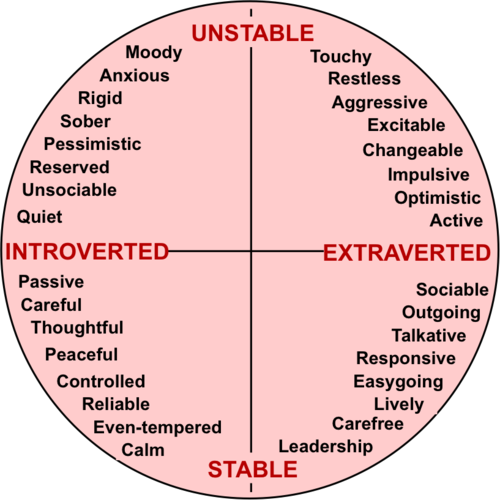 If you can't concentrate at work, look for a quieter corner of the office or work in a coffee shop. Ask the office manager to allocate offices for work that requires special concentration.
If you can't concentrate at work, look for a quieter corner of the office or work in a coffee shop. Ask the office manager to allocate offices for work that requires special concentration.
Choose one-on-one communication
Working in large groups and crowded events is the nightmare of any introvert. There are positions where this is inevitable. However, make time for one-on-one conversations. For example, talk to important clients in person after a meeting. Meet with each team member separately. So you will be more comfortable and you will achieve better results.
Don't work in a hurry
Introverts do better when they immerse themselves in one thing and think carefully about the problem. But your colleagues won't know until you tell them. Discuss with your manager the most convenient way for you to work. Volunteer to participate in projects that will benefit from your skills.
Prepare in advance for meetings
Don't wait for the right moment to speak up, it may not come.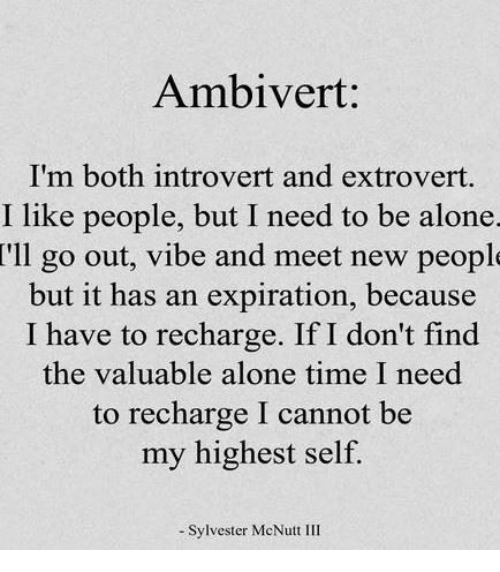 To motivate yourself, familiarize yourself with the topic of the meeting beforehand and jot down what you want to say. Try to speak up as soon as possible, because by the end of such meetings, the conversation usually turns to other topics.
To motivate yourself, familiarize yourself with the topic of the meeting beforehand and jot down what you want to say. Try to speak up as soon as possible, because by the end of such meetings, the conversation usually turns to other topics.
Tips for extroverts
Extroverts energize themselves by being around people. If they spend a lot of time alone, it tires them. According to researchers, there are two types of extroverts: agentive and affiliative.
- Agentive extroverts energetic and purposeful. They are self-confident, persistent and strive for success. They are comfortable being in the spotlight and occupy leadership positions.
- Affiliative extraverts are very sociable. They are friendly, it is easy for them to make new acquaintances. Close relationships are very important to them, they usually have many friends.
Do not sit in silence
For extroverts, the silence in the office can be deafening. They need music and conversations in the background for inspiration. If you have a creative crisis in your workplace, work in a cafe. Or take a short break and go for a walk outside. A change of scenery will help recharge.
They need music and conversations in the background for inspiration. If you have a creative crisis in your workplace, work in a cafe. Or take a short break and go for a walk outside. A change of scenery will help recharge.
Be active, but don't overdo it
Some people get tired of multitasking and constant meetings, but this is not the case for you. If you like this pace of work, offer to take on big projects. Just be sure to set boundaries for yourself so you don't burn out.
Have an hour of socializing
Meetings do not count. Consciously take the time to communicate. For example, have lunch or coffee with a new person every week. This is especially important for those who work remotely. Take advantage of flexible hours and work in a co-working space. Go to group fitness classes or make business contacts at events.
Leave time for reflection
When you multitask, it's hard to see your accomplishments. Therefore, after each important step, take 20-30 minutes to reflect on the work done and analyze the results.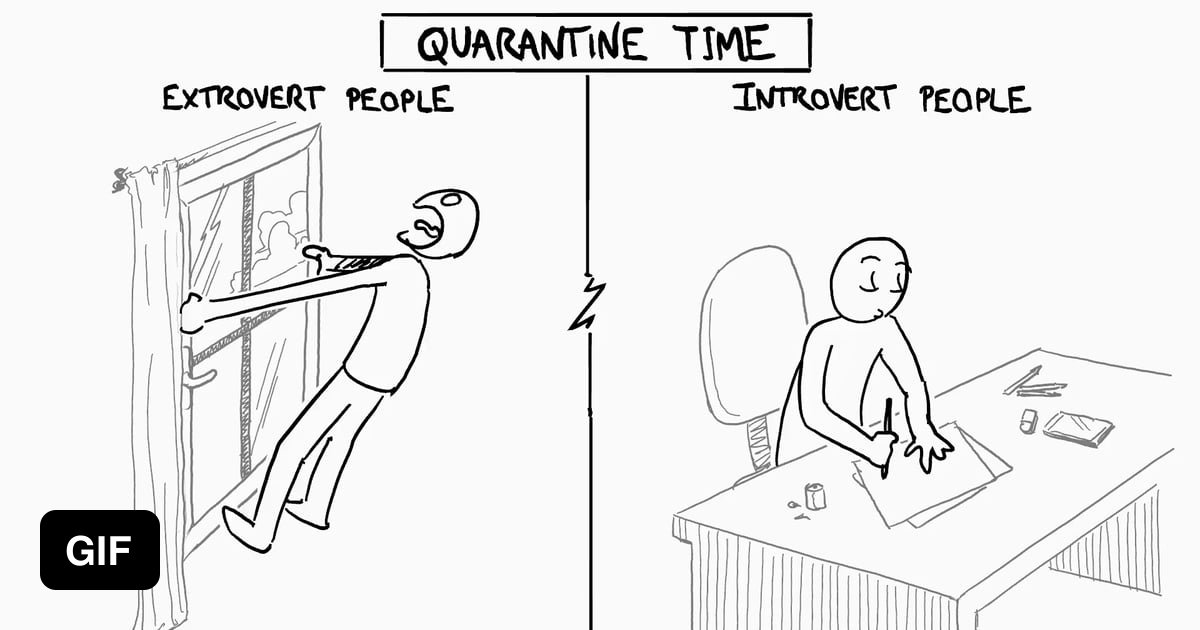
Advice for ambiverts
According to psychologist Barry Smith, ambiverts make up 68% of the population. They are comfortable in social situations, they love communication, but they also appreciate loneliness. For ambiverts, the most important thing is to maintain balance. Their tendency to be introverted or extroverted varies depending on the situation.
Make the most of your flexibility.
You have both types, so you can easily adapt to a noisy environment, but also do not get bored when you are alone. To increase your productivity, consider your surroundings. Be flexible so that you and your colleagues can work comfortably.
Experiment and find what works for you
Try the tips for introverts and extroverts and find the ones that work for you. Depending on your mood, one or the other will help you.
General advice
Get out of your comfort zone and try new things. It is useful for introverts to occasionally interact with colleagues in order to strengthen relationships with the team.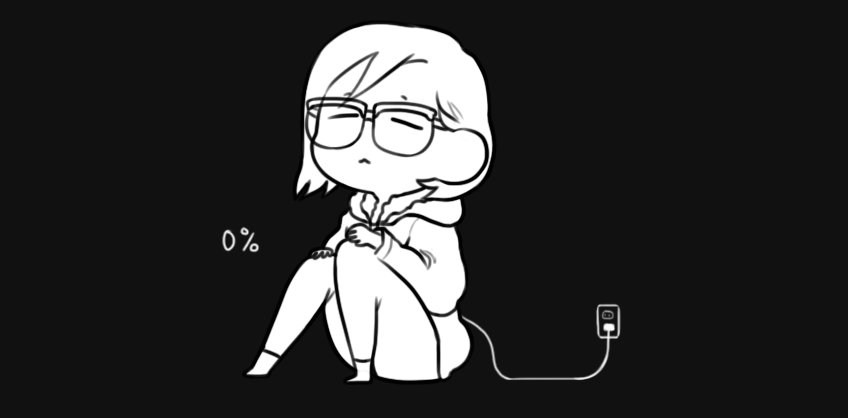 And extroverts should not draw all the attention to themselves and delegate tasks.
And extroverts should not draw all the attention to themselves and delegate tasks.
In any case, do not forget about cooperation. Ideal working conditions are rare. Try to compromise. And after work, recharge the way you like: in a noisy group of friends or with a book on the couch.
Read also 🧐
- 5 tricks for maximum productivity
- How to become a leader if you are an introvert
- How to love being alone if you are an extrovert
- “First of all, think about your happiness”: how to work productively and not burn out
How to work together as an introvert and an extrovert — Work.ua
How to create a strong and strong professional union for two opposites.
They say that opposites attract, and people with different personalities make excellent partners. But is it really so? To what extent is it comfortable for an energetic and restless extrovert to work with a focused and scrupulous introvert, and what can such a union result in? Work.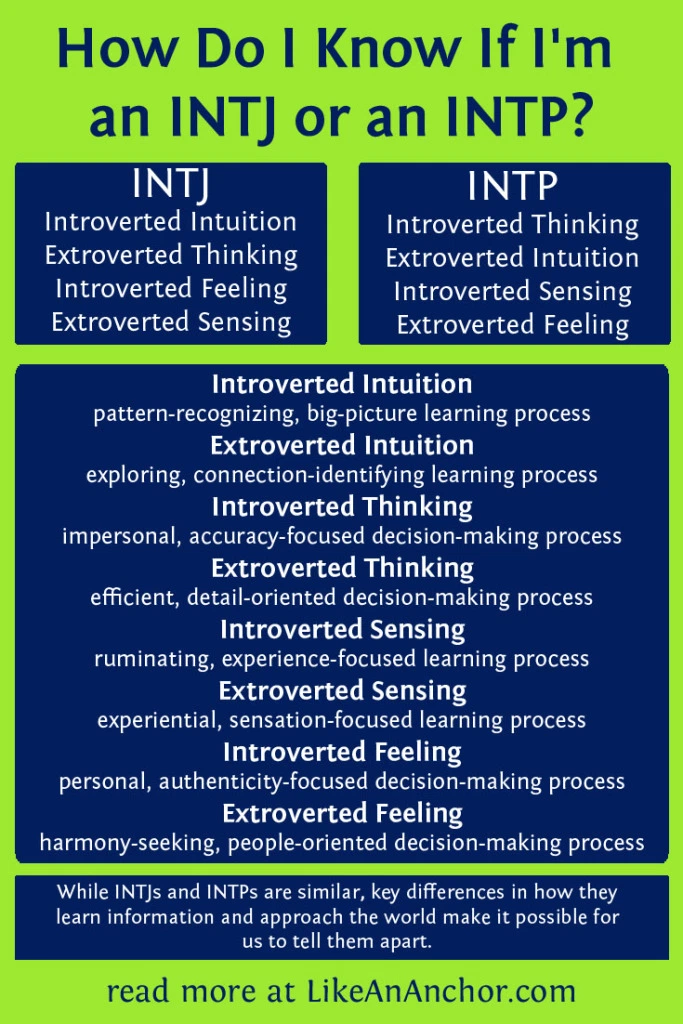 ua is trying to sort out this issue.
ua is trying to sort out this issue.
1. Don't try to understand each other
That's right. No need to try to put yourself in the place of a person whose type of character and thinking is completely different from yours. Just as you should not try to “break” him and convince him that you are right, even if the behavior of a colleague annoys you. The most important thing for both of you to do is to accept each other for who you are and try to make the most of it.
For example, your department has been assigned an urgent task with a specified deadline. Divide responsibilities immediately. Pick out a few small tasks, giving the extrovert those that need to be completed as quickly as possible, without prior preparation. Give the introvert microtasks that require more careful study and concentration. At the same time, at the preparatory stage, it is better to work separately, without “peeping” into the affairs of a colleague, without rushing or correcting him. And only when the project is close to completion, check the data, hone each other's proposals by joining forces.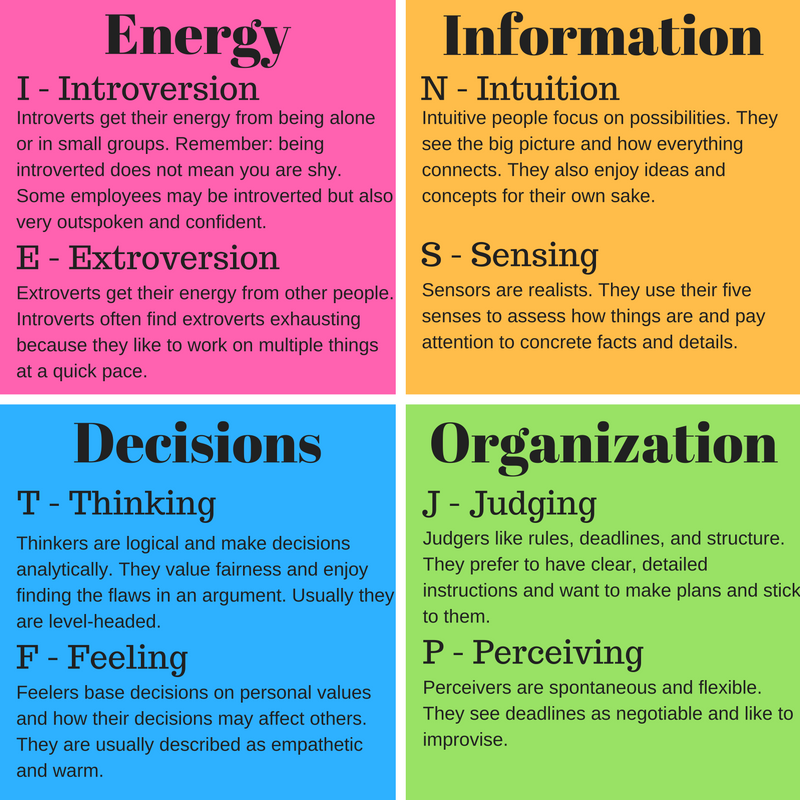
2. Introversion is not a diagnosis
The fact that introverts are calm from the outside does not mean at all that they are boring and lack of initiative. Without showing their potential to everyone, they know how to surprise with the final quality of the work done. But for everything to work out, they need special working conditions.
First, there is no need to distract such a colleague with questions and suggestions every 5 minutes. If you see him concentrating on something, leave him alone.
Second, don't expect him to complete tasks with lightning speed. Do not ask an introvert to do "for yesterday." It's not that he can't do it. On the contrary, the result will be quite satisfactory. But after such stress, it will be difficult for a person to concentrate and immediately switch to another project.
3. Extrovert: not so bad
In the case of these "energizers", you guessed it, everything is exactly the opposite. They grab the job quickly and with great enthusiasm, setting themselves merciless deadlines for completion.
In addition, unlike an introvert, active companions with extraversion constantly need communication. A day spent in silence and solitude is a real torment. No matter how important and complex the project is, it is the law to set aside at least a couple of breaks for communication with colleagues. Be loyal to such manifestations, this is not at all a desire to take a break from work, but on the contrary, a way to recharge for new achievements.
4. Respect each other's idiosyncrasies
As a rule, opposites do not immediately realize that they are the perfect team. At first, you will certainly have difficulties in communication. Different methods, different approaches to solving problems - all this does not create fertile ground for successful collaboration.




